Arnér group - contact and staff
Elias Arnér
ProfessorCurrent research group
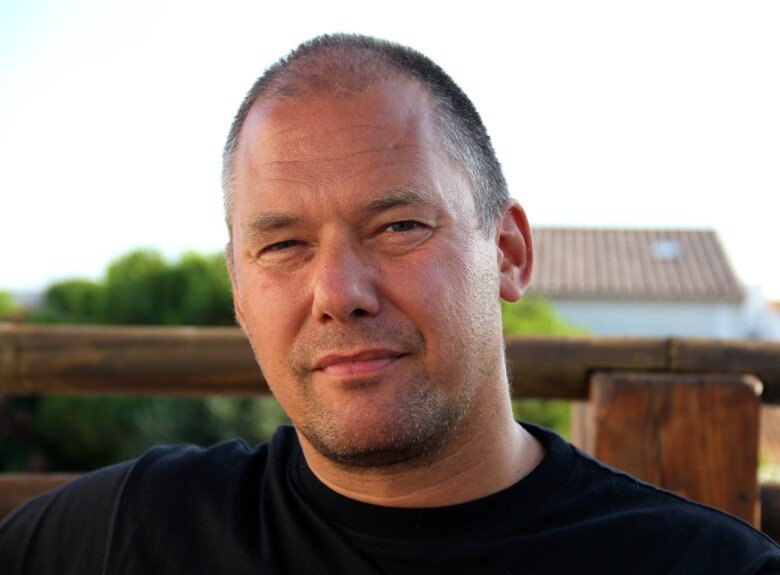
Elias Arnér, MD PhD, Prof./Head of Division
Elias was admitted as one of the initial ten students of the new MD PhD program at Karolinska Institutet in 1986. He completed his PhD in 1993 with studies on nucleotide metabolism, having Assoc. Prof. Staffan Eriksson as supervisor. In parallel with completing his medical studies Elias engaged in studies of mammalian thioredoxin reductase together with Prof. Arne Holmgren, which has since remained a significant research interest. During a post doc in 1998/1999 with Prof. August Böck in Munich, Germany, Elias studied the production of recombinant selenoproteins, which is another major field of research still conducted in the group. Elias returned to Karolinska Institutet in 1999 and in 2008 he succeeded Prof. Holmgren as head of the biochemistry division.
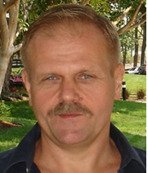
Attila Andor, PhD, Biochemist
Attila joined the Department of Selenoprotein Research, National Institute of Oncology, Budapest, in September 2020, after a position at Intrexon Laboratories Hungary Kft. He has a background in elaboration of manufacturing processes of recombinant enzymes and drugs of microbial origin. Attila is working with cloning, expression, purification and characterization of recombinant proteins, mainly selenoproteins.
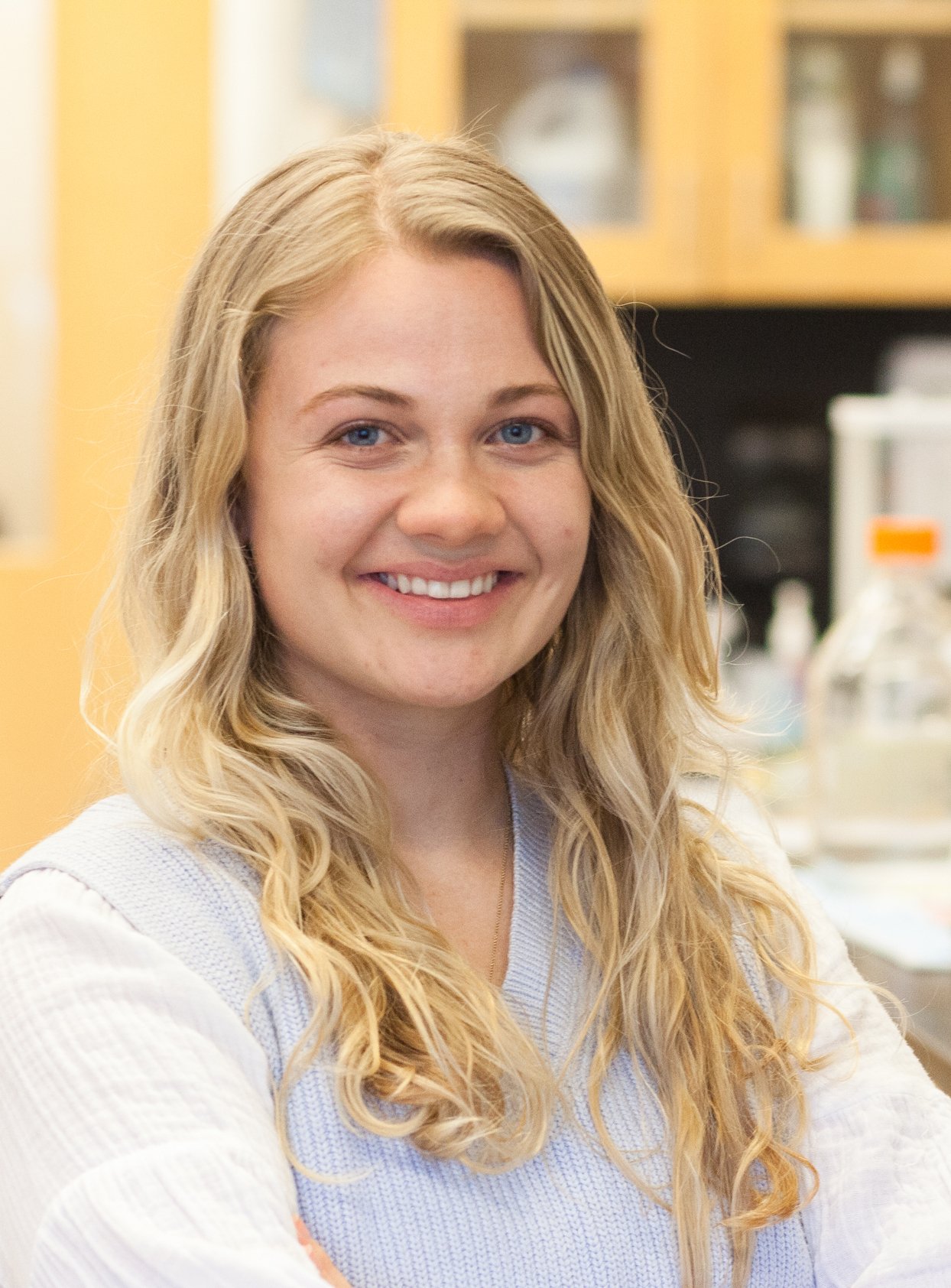
Madeleine Barrett, PhD student (NIH/KI)
Madeleine (Maddy) joined the division in August 2023 as a PhD student participating in a joint doctoral program between the National Institutes of Health (NIH) and KI. She completed her B.S. degree in Biology in 2018 from Oregon State University and has a background working as an analytical chemist. Her biomedical research experience at Oregon Health and Science University (OHSU) ranges from studying sympathetic neuron dysfunction as it relates to myocardial infarction in mouse models to working on clinical research trials in precision oncology in OHSU's Knight Cancer Institute. Maddy currently studies the development of glutathione peroxidase inhibitors for the treatment of drug resistant Glioblastoma Multiforme, splitting her time between the National Center for Advancing Translational Sciences (NCATS) at the NIH under the mentorship of Dr. Matthew Hall and Dr. Arnér at KI. She has an interest in translational science that bridges the gap between research at the bench to therapeutic strategies applicable in the clinic and looks forward to the many future training opportunities at KI.
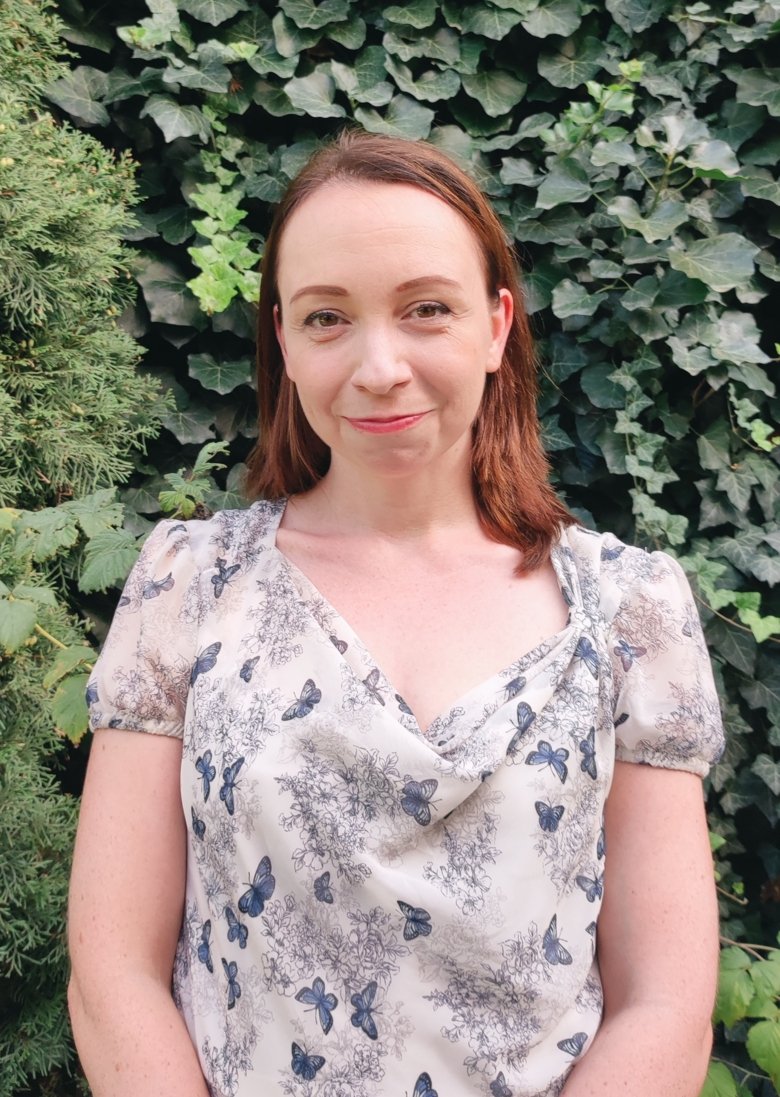
Beáta Biri-Kovács, PhD, Post doc
Bea joined the Department of Selenoprotein Research at the National Institute of Oncology in Budapest in December 2022. She obtained her PhD degree in 2018, studying a metastasis-associated S100 protein, while gaining experience in protein-protein interactions in living cells. She has a background in a wide set of cell biological and molecular biological methods with a focus on cancer research. Currently, she is working as a molecular biologist focusing on the study of activation and perturbation of different signaling pathways involved in redox biology using human cell cultures.
Dorian Cheff, PhD, Affiliated to Research
Dorian is currently at AstraZeneca. In our group, she focuses on the development of novel GPX inhibitors.
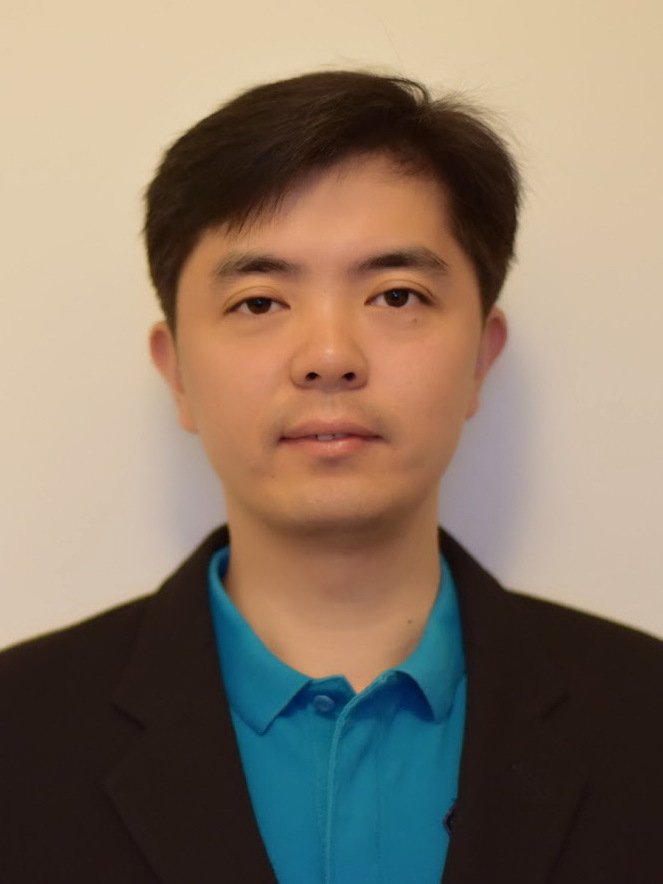
Qing Cheng, PhD, Senior lab manager
Qing joined the division as a PhD student in 2004. He mainly focuses on optimizing recombinant selenoprotein production methodology and utilizing these techniques in various medical applications including PET imaging, cancer drugs screening, medical diagnosis development, etc. Currently Qing remains as a senior researcher and senior lab manager in the group.
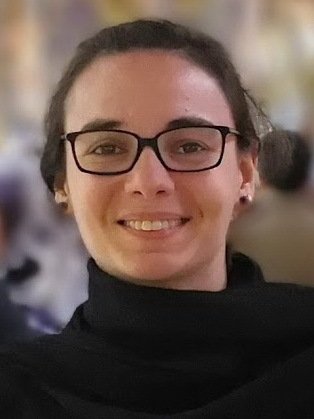
Lucia Coppo, PhD, Senior researcher
Lucia joined the division in May 2012 after completing her PhD in Molecular Medicine at the University of Siena, Italy, and BSMS Brighton, UK, studying the role of redox regulation in platelet aggregation and immunity. Her focus here is to explain and describe the role of Glutaredoxin systems and understand the crosstalk between redox modifications and canonical signaling pathways in metabolism. She has a strong background in redox biology, as well as in cell biology and animal models. She enjoys optimization and development of new technologies.
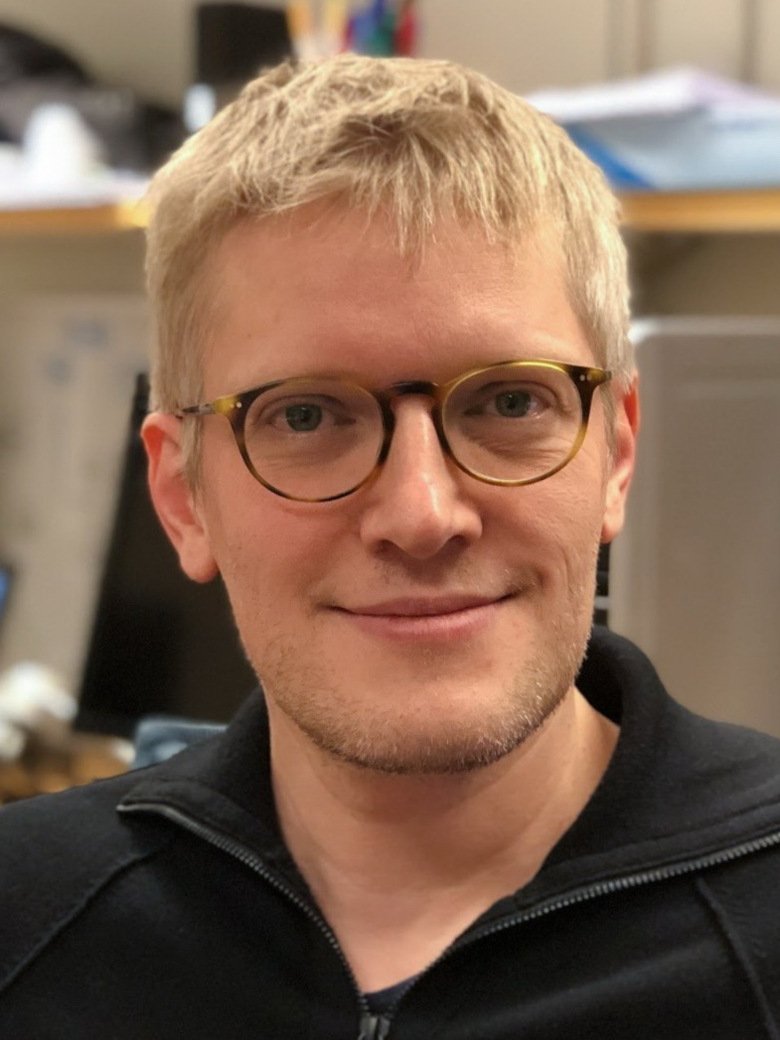
Markus Dagnell, PhD, Senior researcher
Markus joined the group in the spring of 2014 after completing his PhD in experimental oncology at the Department of Oncology and Pathology at Karolinska Institutet. His main research interests are focused on characterizing novel redox dependent mechanisms regulating protein tyrosine phosphatases during physiological and pathological growth factor signaling.
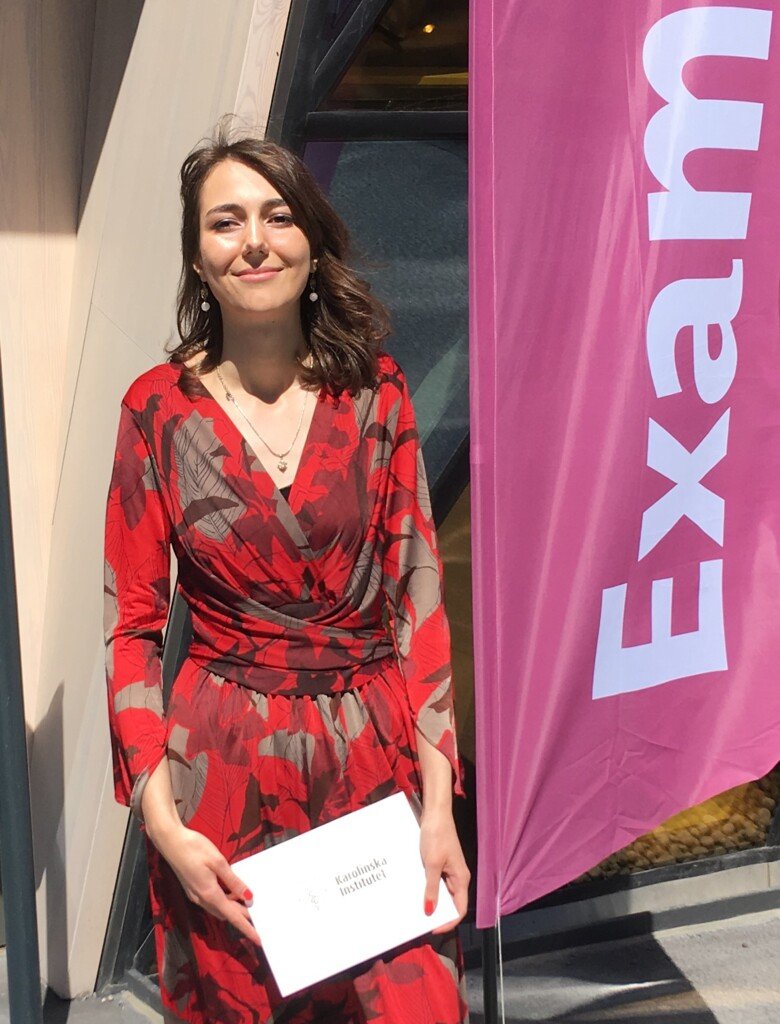
Radosveta Gencheva, MMSc Biomedicine, PhD student
Radosveta joined the division in 2016, as a summer undergraduate student through the KI Summer School in Medical Research. She has a broad background in biomedicine and a keen understanding of the thioredoxin system. Currently, she focuses on understanding the molecular mechanisms underpinning the anticancer effects of thioredoxin reductase inhibition. She is passionate about scientific communication and outreach and looks forward to honing her project management and visual design skills.
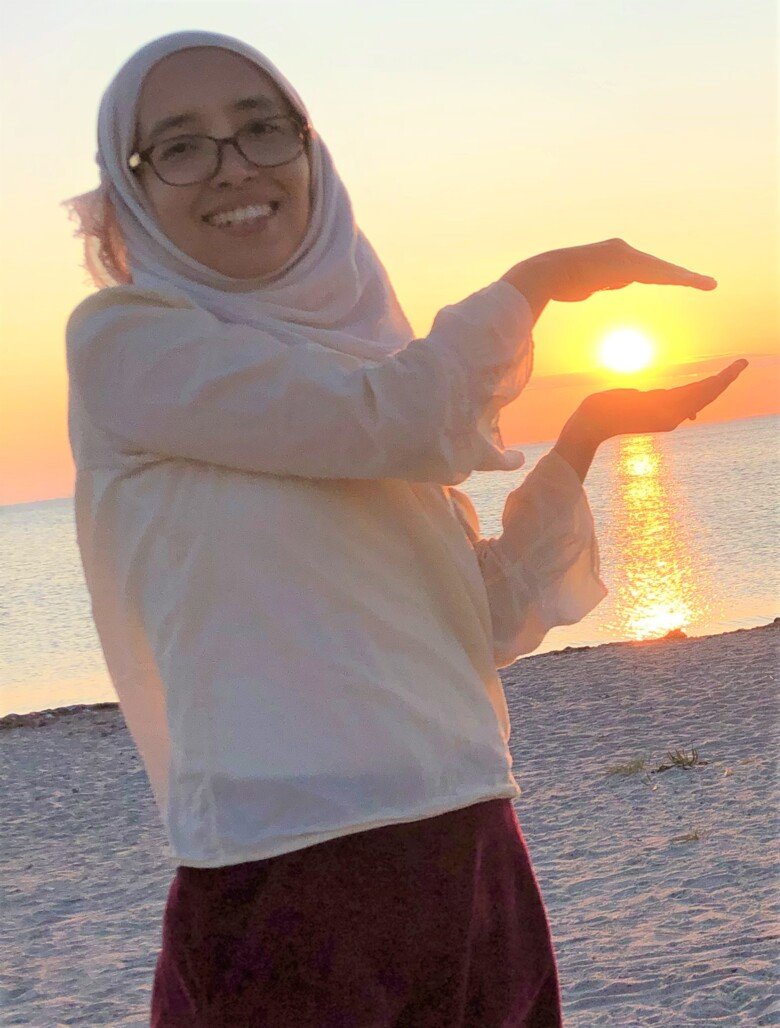
Shayida Maimaiti, MMSc, PhD student
Shayida joined the division in September 2020 as a doctoral student. She has graduated both her bachelor's and master's study in Medical Science at the University of Tsukuba, Japan. She has a strong background in molecular biology and animal models. Currently, she focuses on understanding the molecular mechanisms by which thioredoxin interacting protein (TXNIP) and thioredoxin related protein of 14 kDa (TRP14, encoded by TXNDC17) carry out different functions in cells. She is excited about her new journey at KI.
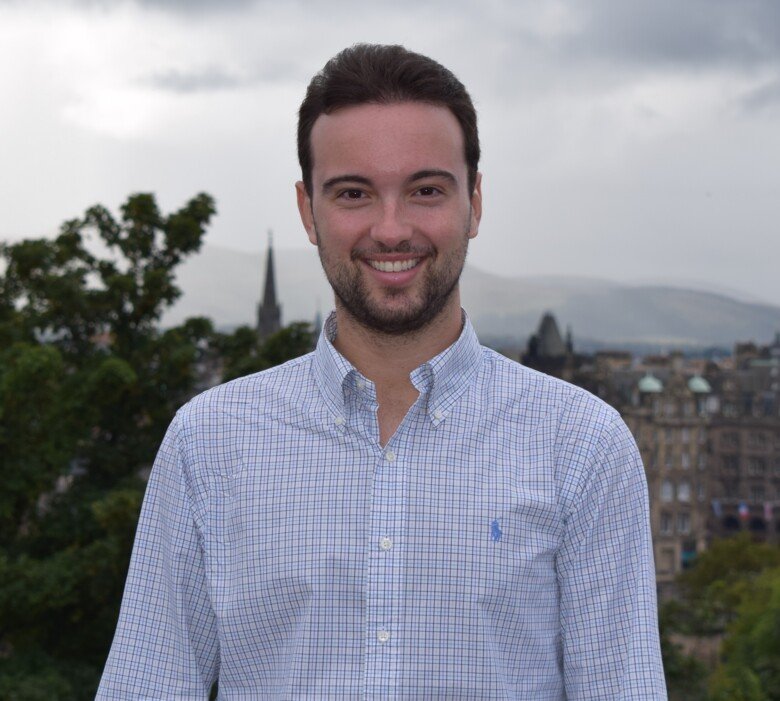
Pablo Martí Andrés, PhD, Post doc
Pablo joined the division in February 2021 after completing his international PhD in redox signaling in oxidative stress and acute inflammation, focused on the roles of thioredoxin 1 (Trx1) and thioredoxin-related protein of 14 kDa (TRP14). His current project aims at deciphering how essential trace elements Se, Cu, and Zn modulates redox signaling and oxidative defense in cancer cells, both in vitro and in patient samples. Understanding these complex interactions and their effects may lead to identifying new potential targets for drug therapy.

Tom Miller, MSEng, Cancer Research Affiliate
Tom is a “retired” executive from the US chemicals industry. He’s been involved with research and product development for over 40 years. Tom founded IC-MedTech (ICM) in 2004 to identify and help support innovative academic research focused on redox biology. ICM is a clinical phase biotech developing safe, effective new chemical entities and combination drugs that target cellular redox. ICM began collaborating on anticancer research with KI in 2014. Current interests are the intersection of tumor redox and immunity, with special focus on thioredoxin reductases.
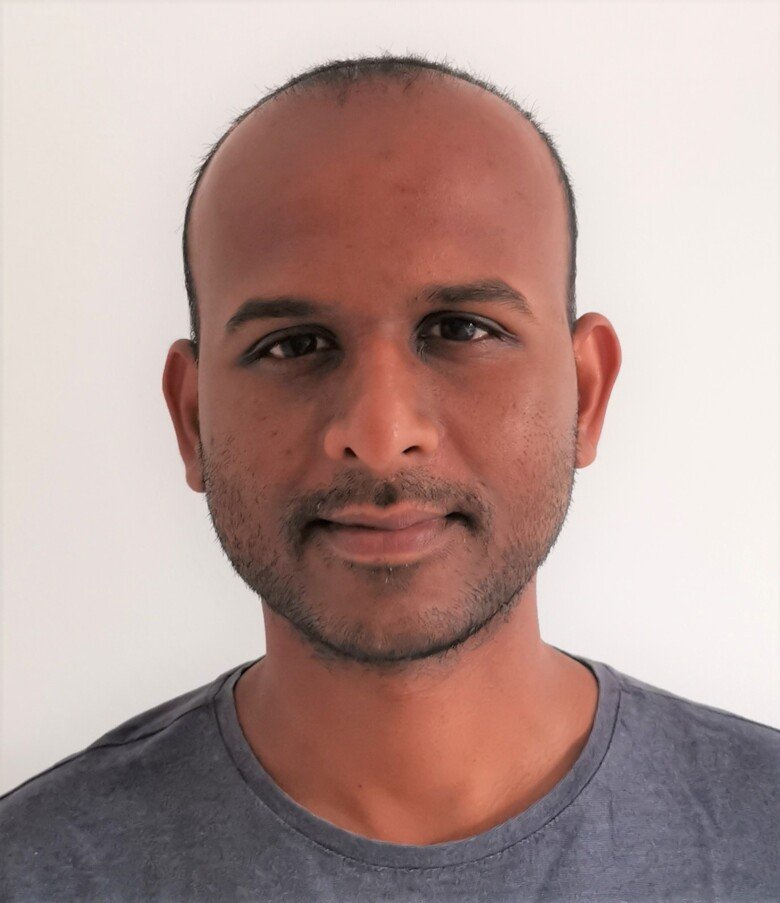
Mahendravarman Mohanraj, PhD, Biochemist
Mahendravarman joined the Department of Selenoprotein Research, National Institute of Oncology (NIO), Budapest, in October 2020 after completing a PhD and postdoctoral research in neuro-immunology. He has a strong background in signal transduction, molecular cell biology and cancer biology. At present, his research is focused on understanding the roles of selenoproteins in cancer and gene regulation, and on how their unique functions can be utilized to improve cancer therapy.
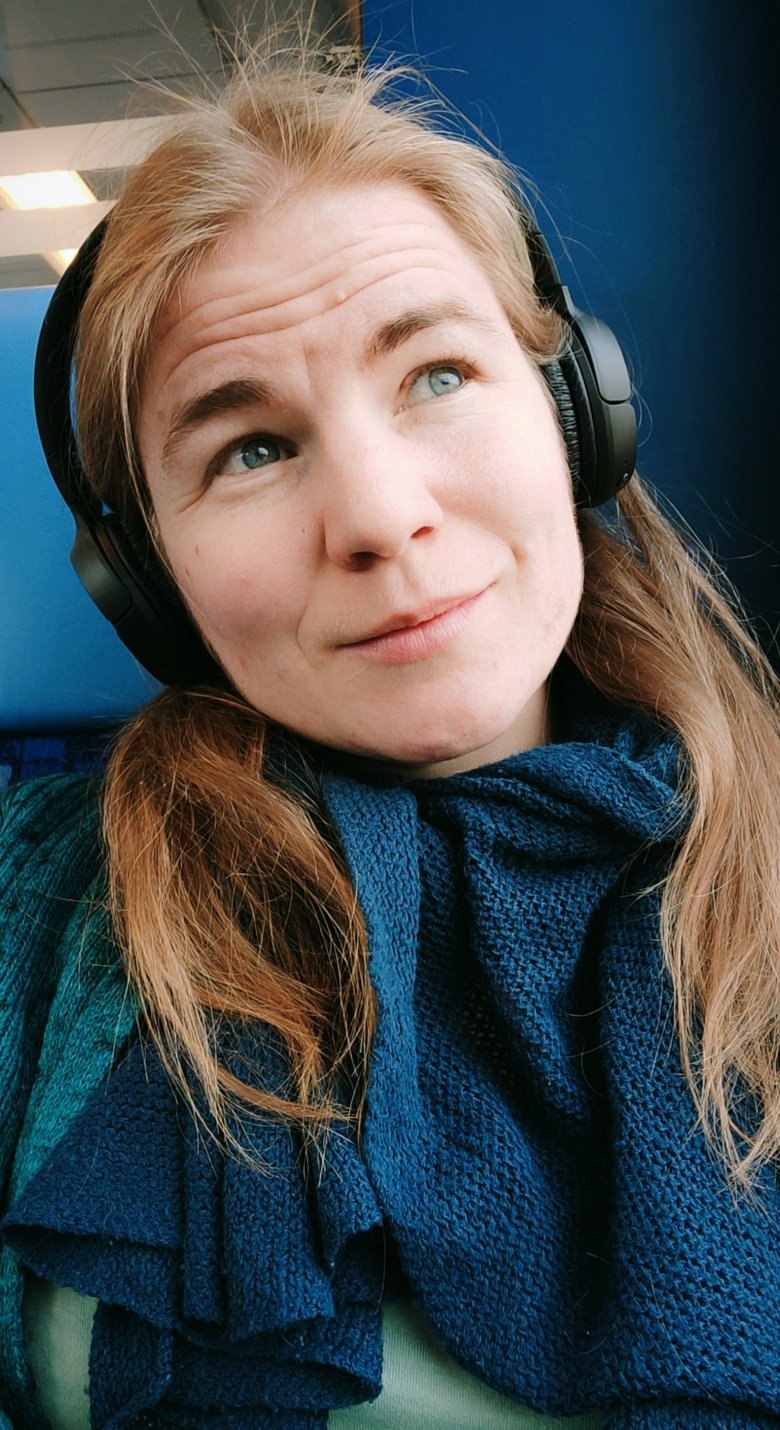
Zsuzsanna Anna Pató, MSc, Laboratory coordinator
Zsuzsi joined the Department of Selenoprotein Research at the National Institute of Oncology in Budapest in April 2023 after being lab manager at Microdiag Ltd., a small COVID-19 diagnostic laboratory. Previously, she worked on small molecule kinase inhibitors, inflammatory models, and molecular- and palaeoecology, and she holds an MSc in Molecular Immunology and Microbiology. Currently, she carries out laboratory coordinator and day-to-day organization tasks helping with the basic operations of the Department.
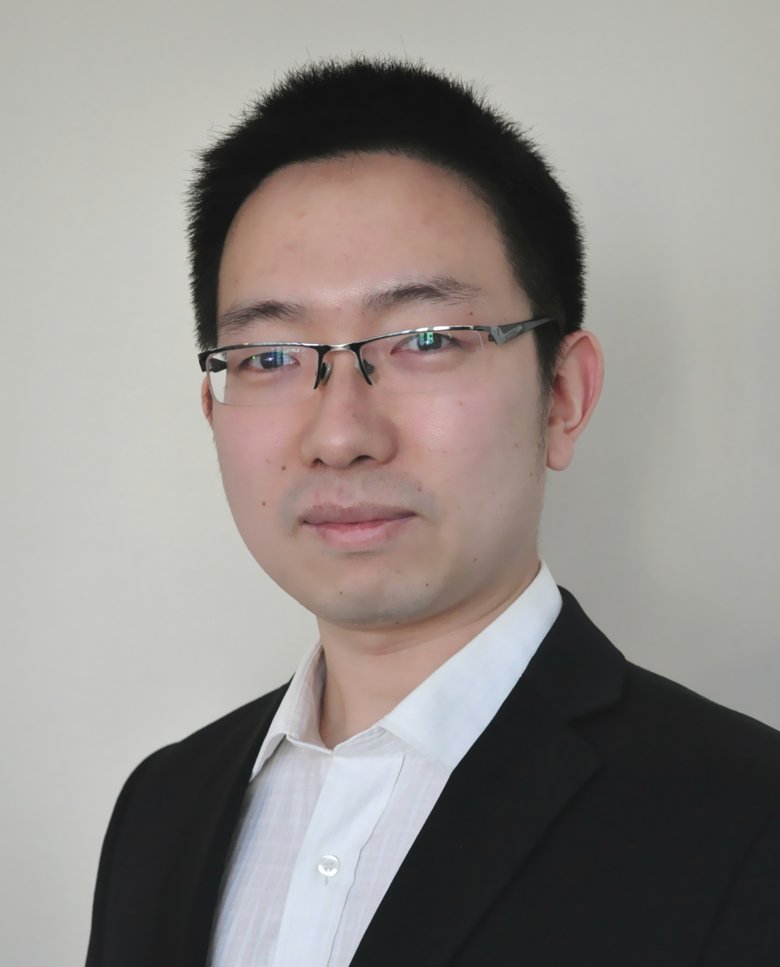
Xiaoyuan Ren, PhD, Post doc
Ren joined the division in 2012 as a PhD student under Prof. Arne Holmgren’s supervision. After his dissertation in 2017, he continued working as a post doc at the division. Currently, he is working on a collaborative project about the redox regulation of an epigenetic node in Alzheimer’s disease at Institut de la Vision, Sorbonne University, Paris. His research topics also include anti-cancer drug and antibiotics development, redox signaling, oxidative and nitrosative stress.
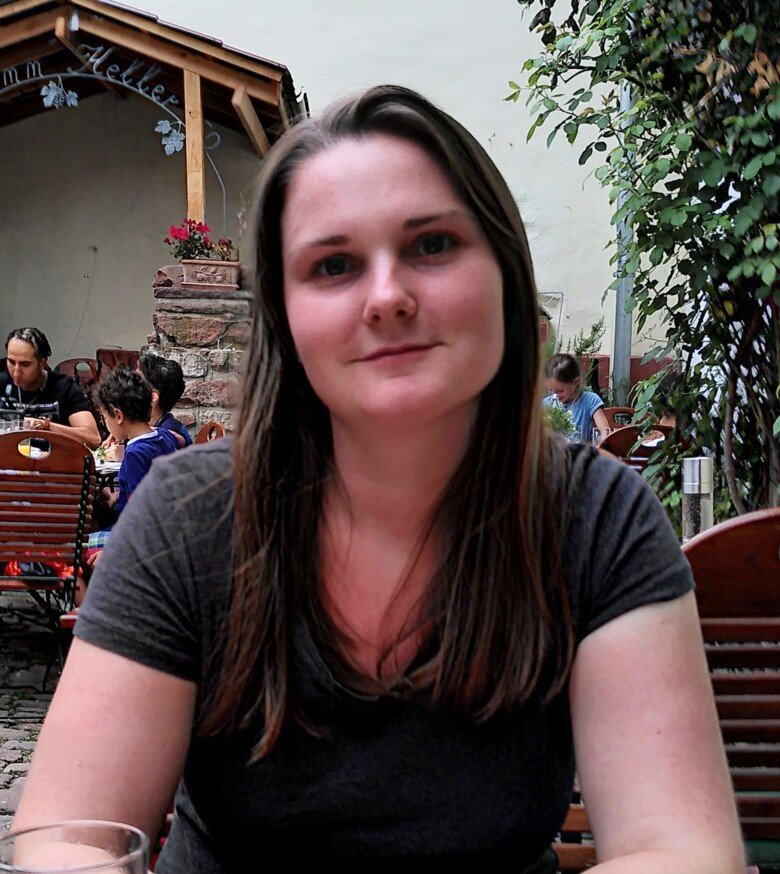
Karoline Scholzen, PhD student
Karoline joined the group in October 2020 to finish her master’s degree. As a student in Biochemistry at Heidelberg University in Germany, she has a broad background in molecular cell biology, with a particular interest in oxidative damage within cells. Her project focuses on the characterization of redox activity sensing probes.
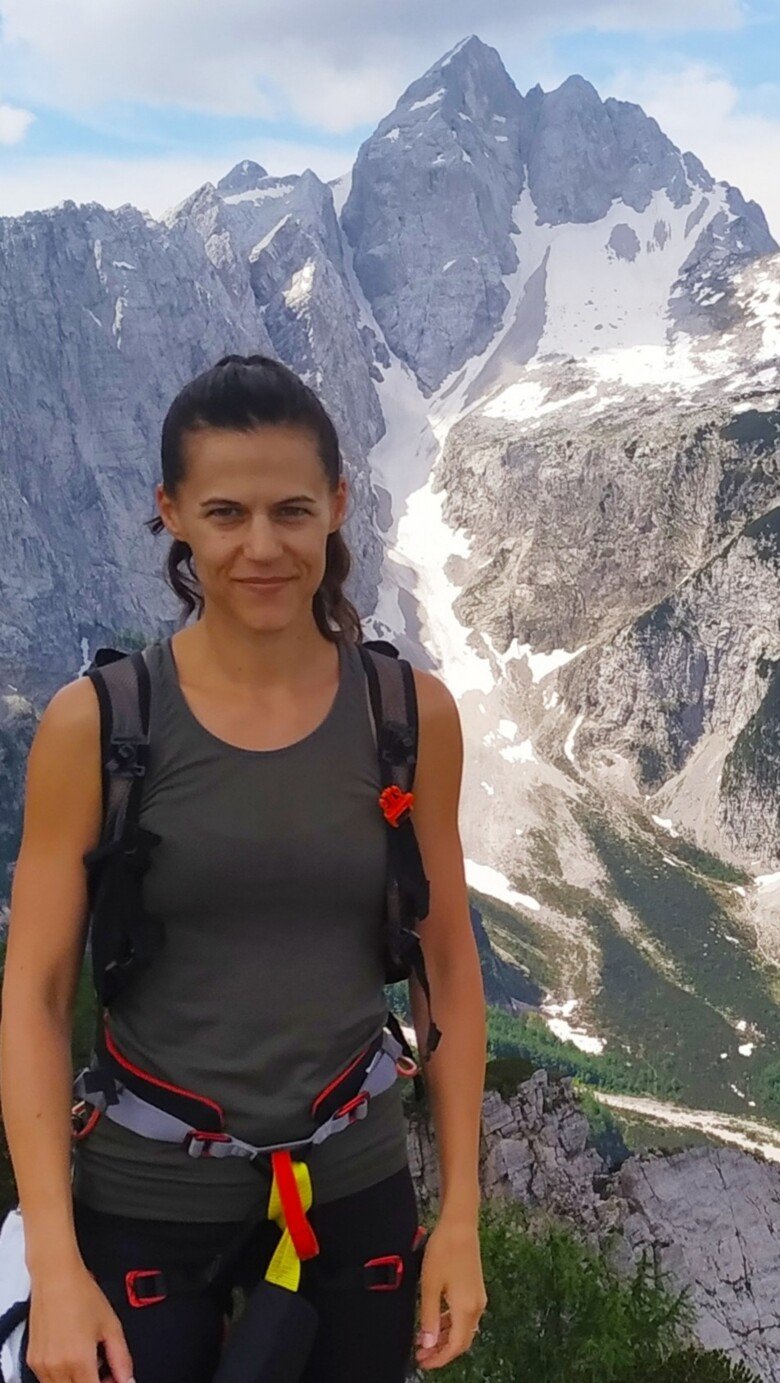
Katalin Úri, PhD, Molecular Biologist
Kata joined the Department of Selenoprotein Research at the National Institute of Oncology in Budapest in July 2021. She obtained her PhD degree from biomarker research in the field of clinical medicine. She has a background in genetic disease research, bioassay development, a pharmaceutical GMP work environment and several molecular biology methods. Currently, she is working as a molecular biologist focusing on ELISA method development for quantification of specific Trx-fold proteins as biomarkers for disease.
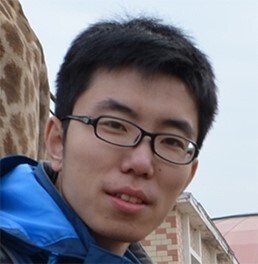
Wenchao Zhao, PhD, Post doc
Zhao joined the division in April 2021 after completing his PhD in molecular biology at the University of Bonn, Germany, where he studied the impact of individual Secisbp2 mutations on selenoprotein biosynthesis. Currently, he is working on identifying the specific cell death pathway towards anti-cancer effect of thioredoxin reductase inhibitors.
Address
Postal address
Karolinska Institutet
Dept. Medical Biochemistry and Biophysics (MBB)
[name of recipient]
SE-171 77 Stockholm
Visiting address
Biomedicum
A9, floor 9
Solnavägen 9
SE-171 65 Solna
